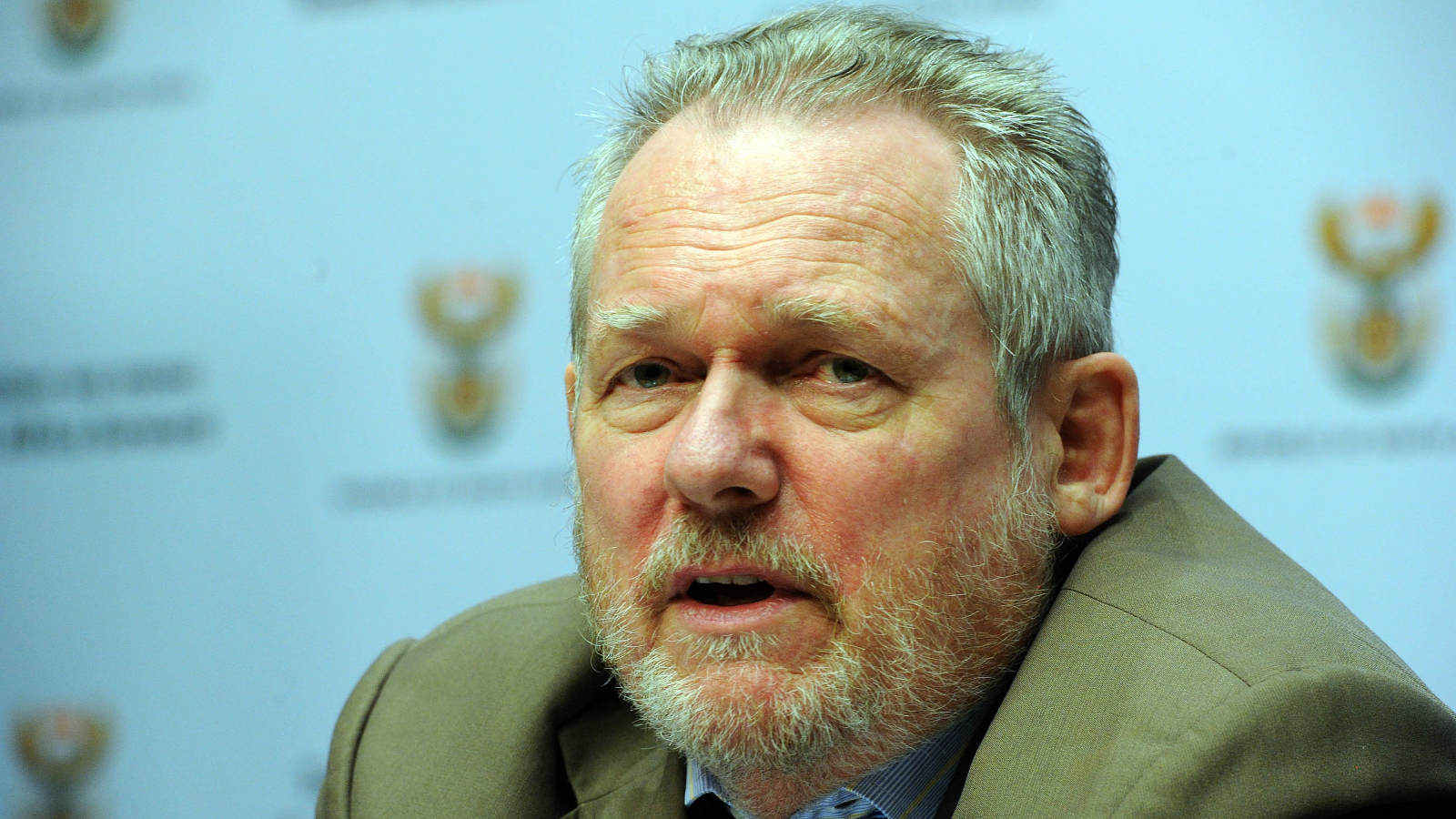Friday, March 22, 2019
President Cyril Ramaphosa’s aggressive efforts to boost the country’s
stagnant economic growth are yielding results, according to figures released by
the South African Reserve Bank (SARB).
In the Quarterly Bulletin released on Wednesday, the SARB said inward
direct investment increased from only R26.8 billion in 2017 to R70.7 billion in
2018.
South Africa’s direct investment liabilities, however, reverted from an
inflow of R28.7 billion in the third quarter of 2018 to an outflow of R8.2
billion in the fourth quarter.
This, the report said, was due to the repayment of short-term loans by
South African subsidiaries to foreign parent companies.
President Ramaphosa in October last year hosted the inaugural South
Africa Investment Conference. During the conference, businesses pledged nearly
R290 billion worth of investment announcements over the next five years.
The investments were a culmination of a six-month investment drive by
the four envoys tasked with globetrotting in search of over R1.2 trillion worth
of investments over the next five years.
Former Finance Minister Trevor Manuel, Former Deputy Finance Minister
Mcebisi Jonas, businesswoman Phumzile Langeni as well as retired banker, Jacko
Maree, form part of the team of envoys searching for investors with deep
pockets. Presidential economic advisor Trudi Makhaya is also part of the
team.
The SARB bulletin also highlights that portfolio investment liabilities
reverted from an inflow of R17.9 billion in the third quarter of 2018 to an
outflow of R33.9 billion in the fourth quarter, as non-residents disposed of
both equity and debt securities.
“Non-residents’ net sales of domestic equities of R15.7 billion in the
fourth quarter followed net sales of R7.4 billion in the third quarter, while
their net purchases of debt securities of R25.3 billion in the third quarter
reverted to net sales of R18.2 billion in the fourth quarter.
“Non-residents’ net purchases of domestic equity and debt securities of
R90 billion in 2018 were significantly less than the R279 billion in 2017,”
said the report.
Other investment liabilities changed from an outflow of R8.7 billion in
the third quarter of 2018 to a marked inflow of R113 billion in the fourth
quarter. The sharp reversal, the bulletin said, could be attributed to
non-residents extending loans to the domestic banking sector as well as an
increase in rand-denominated deposits and, to a lesser extent, foreign
currency-denominated deposits with the domestic banking sector.
“Other investment liability inflows nearly doubled from R61.4 billion in
2017 to R119 billion in 2018,” the SARB said. – SAnews.gov.za
About Us











Recent Posts
- The HUAWEI MatePad T 10s 64GB: the ideal tablet for families
- TIGER BRANDS CULINARY DIVISON PARTNERS WITH BACARDI HOLIDAY CLUB FESTIVAL AS THE OFFICIAL FOOD SPONSOR
- Prevent the silent onset of chronic kidney disease. Here’s how
- 15-minute neighbourhood trend on the rise across SA
- 3Sixty Biopharmaceuticals enters into a sales and distribution agreement with Adcock Ingram’s OTC division







